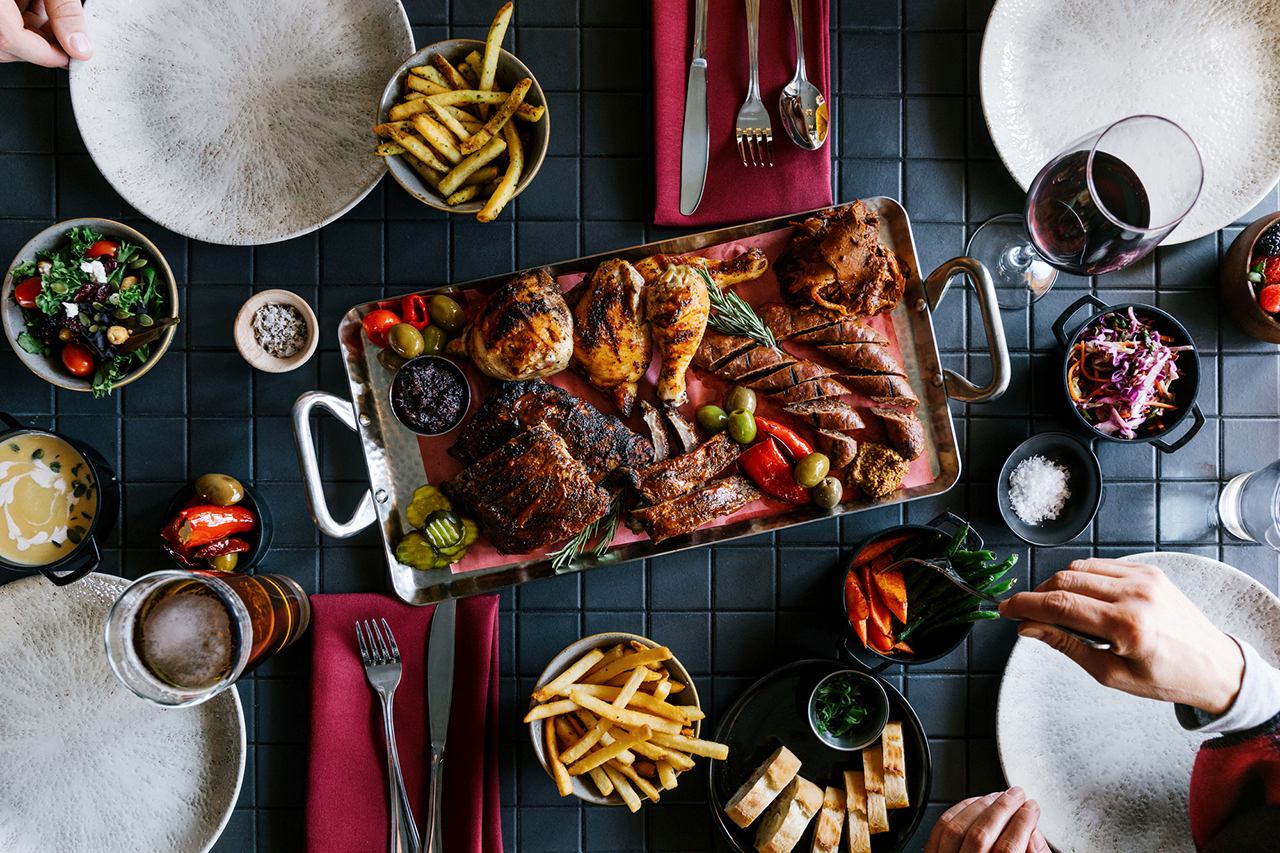As the world finds its way toward the light at the end of the pandemic tunnel, Alberta tourism businesses are re-imagining their product offerings. Culinary tourism is one smart strategy to help them revive their businesses when it is safe to welcome back international visitors but also a good time to showcase Alberta’s food scene to locals.
“Culinary tourism experiences are equally enjoyed by locals,” says Camilo Montoya-Guevara, Research and Evaluation Officer, Culinary Tourism Alliance. “In our current world we have an increased opportunity to explore our own backyard and there is a growing interest in supporting local businesses, so developing culinary tourism can definitely be geared toward a more local consumer.”
The Tourism Industry Association of Canada (TIAC) defines it best: Culinary tourism, also known as food or gastronomy tourism, includes any tourism experience where a person interacts with food and drink that reflects the local cuisine, heritage, or cultures of a place.
Foodie travellers purposefully seek areas that offer unique, authentic culinary experiences to get a literal taste of the destination. According to the 2020 Food Travel Monitor from the World Food Travel Association, 53 per cent of leisure travellers are food travellers. That means if you are not in the food game, you are missing out on a huge “piece of the pie.”






